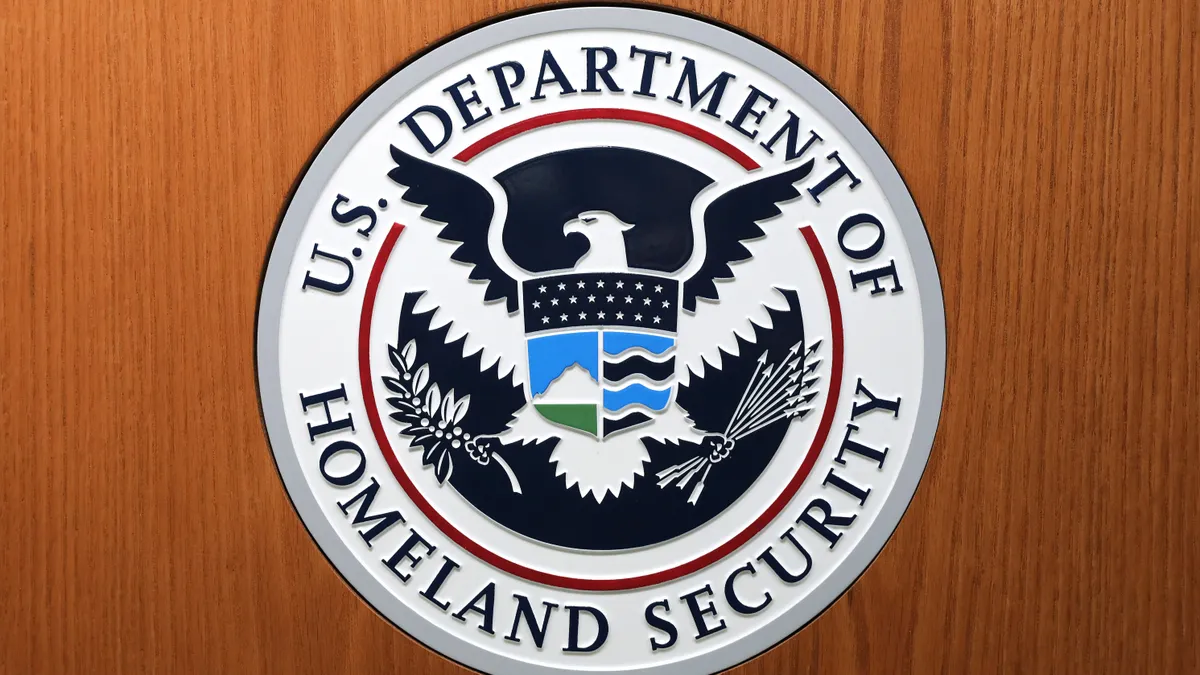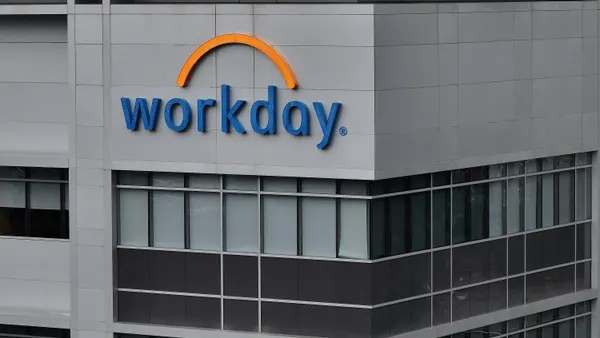Dive Brief:
- The Department of Homeland Security will end the automatic extension of certain immigrant work permits pending renewal, according to a press release issued Wednesday by the U.S. Citizenship and Immigration Services.
- Under an interim final rule set to publish and take effect Thursday, DHS will take away a safety net that granted immigrants a 540-day automatic renewal while their employment authorization documents were pending.
- The new rule will allow DHS to perform “proper screening and vetting of aliens before extending the validity of their employment authorizations,” DHS said.
Dive Insight:
The move is the latest by the Trump administration to curb immigration, including the president’s controversial $100,000 fee for new H-1B visa petitions.
“USCIS is placing a renewed emphasis on robust alien screening and vetting, eliminating policies the former administration implemented that prioritized aliens’ convenience ahead of Americans’ safety and security,” USCIS Director Joseph Edlow said in a statement. “All aliens must remember that working in the United States is a privilege, not a right.”
Under the Biden administration, USCIS in May 2022 increased the automatic extension period for certain work permits to 540 days, up from 180 days, citing high caseloads.
The longer extension period was meant to “help avoid gaps in employment for aliens with pending EAD renewal applications and stabilize the continuity of operations for U.S. employers,” USCIS said at the time.
The new rule does not apply to permits that were automatically extended before Oct. 30, the current USCIS said. The agency recommends immigrants file renewal applications up to 180 days before their documents expire.
“The longer an alien waits to file an EAD renewal application, the more likely it is that they may experience a temporary lapse in their employment authorization or documentation,” the agency said.
This “surprise announcement” leaves employers scrambling, according to Shanon Stevenson, a partner at labor and employment firm Fisher Phillips.
“This will end up having a huge impact on companies who are likely to face labor shortages as their foreign nationals will no longer be authorized to work without the automatic 540-day extension,” Stevenson told HR Dive via email. “Foreign nationals can apply for an EAD extension up to 180 days before expiration, but, in my experience, DHS often takes 8-12+ months to process EADs, which leaves a massive 2-6 month lapse in employment authorization for many employees who are vital to our economy.”















